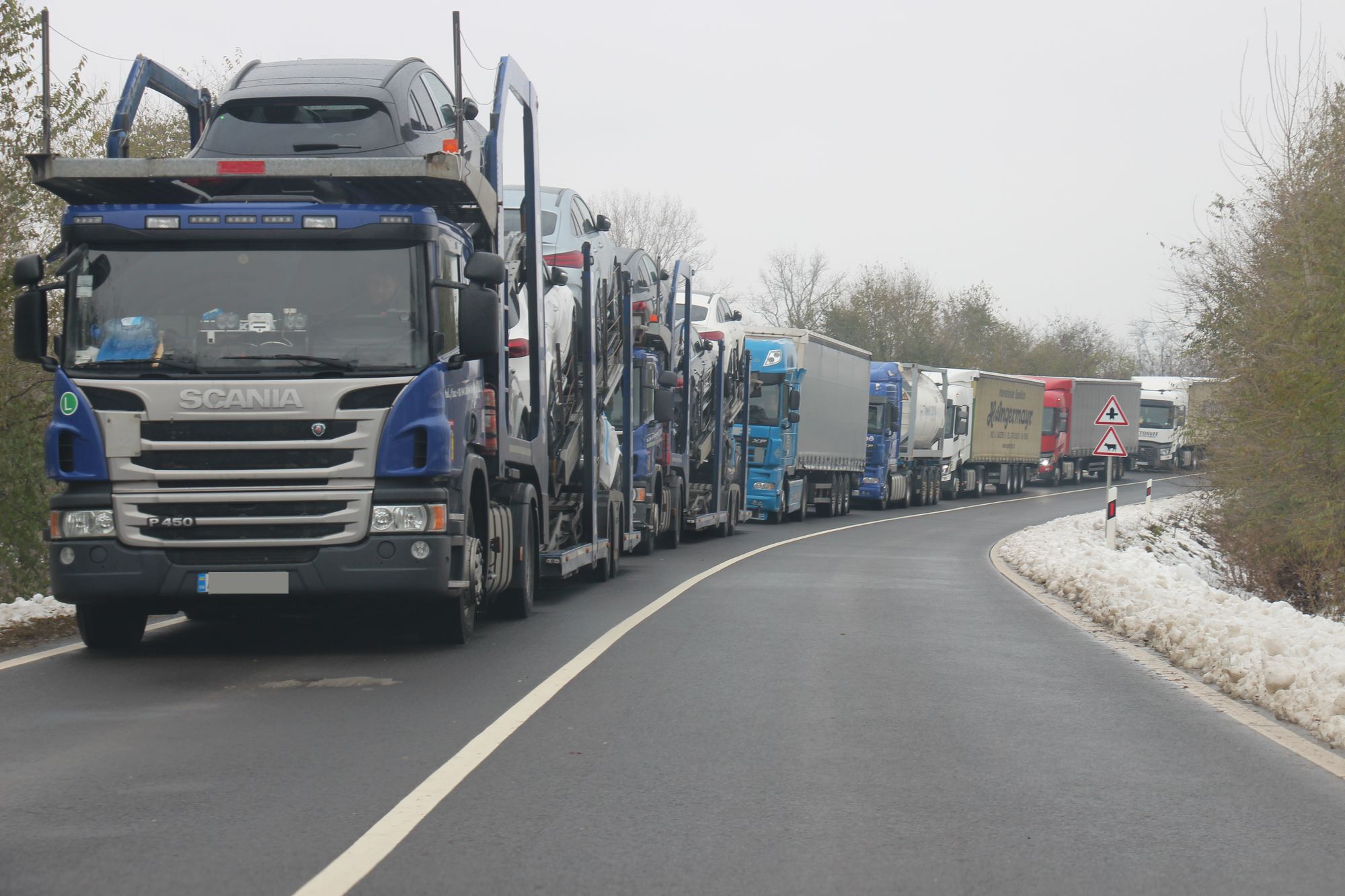Carrier organizations of Hungary and Slovakia today, Monday, December 11, began the active phase of the blockade of a number of sections of the border with Ukraine. According to preliminary information, at the moment the work of two main automobile terminals has actually ceased: Vyshne-Niemecke – Uzhgorod and Zahony – Chop. According to experts, the damage that the action could cause to Ukraine could amount to millions of dollars.
According to the organizers of the event themselves, there is no political motive in their actions. “Our goal is to achieve the abolition of large-scale benefits introduced by the authorities in Budapest for Ukrainian transport workers. National companies are suffering because of these benefits,” says the statement of the Association of Hungarian Road Carriers (MKFE). The statement of their Slovak colleagues almost completely duplicates the corresponding text.
However, the promotion does not apply to passenger transport. According to official information, regular buses and cars are freely crossing checkpoints and posted roadblocks. It is assumed that additional road lines will be opened for them at border checkpoints. “In this regard, all risks for passenger transportation have been minimized,” a source in MKFE summed up in a special commentary for EURO-ATLANTIC UKRAINE.
It should be especially noted that the idea of such a blockade itself is not new. Previously, Polish transport workers closed traffic for Ukrainian trucks on 4 sections of the Ukrainian-Polish border, and Slovakia announced its intention to conduct similar actions periodically. As a result, thousands of cars were stuck in multi-kilometer traffic jams.
The essence of the problem seems to be simple – in 2022, the European Commission introduced preferential treatment for cargo carriers from Ukraine in the territory of EU member states. As a result of the emergence of cheap Ukrainian relevant services, the regional transportation market actually collapsed: in Hungary, Poland, Romania and Slovakia (countries bordering Ukraine – Ed.) hundreds of small carriers went bankrupt, and relatively large companies faced large-scale financial problems. “Against this background, discontent among local transport workers was inevitable, and now this process has begun,” noted an editorial in one of the Hungarian publications.
It is still unknown how the authorities of Hungary and Slovakia will react to the current protests.


